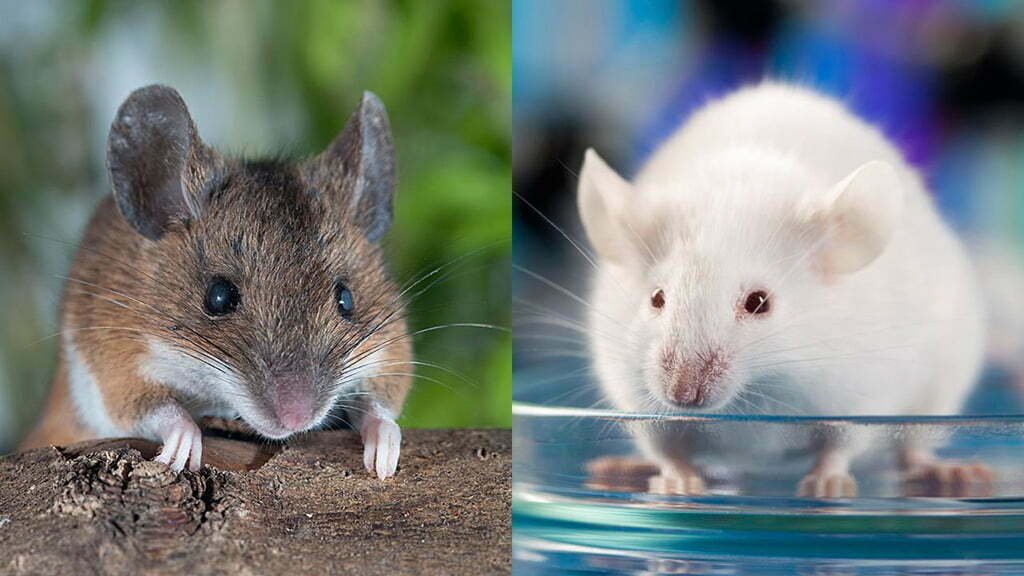
Kampala, Uganda | URN | Two pairs of ‘humanized mice’ to be used in Uganda’s COVID-19 vaccine trial have finally arrived after more than a year of waiting, Dr. David Serukka who heads Vaccine Research at the Science and Innovations Ministry confirmed this to this publication on Friday 29, April 2022.
Serukka said the mice that are currently being kept at the Makerere University College of Veterinary Medicine laboratory arrived in the country on Monday 25th night and that they will now start a process of breeding them to raise the numbers required for clinical trials to begin.
The breeding is estimated to last about two months as their gestation period is just two weeks. While the initial batches of mice they produce will be used in COVID-19 vaccine studies, according to Innovations Minister Dr. Monica Musenero there’s a plan to start producing these humanized mice whose price earlier caused controversy on a large scale for other scientists working on other COVID-19 related therapies to use.
She said while the license they were granted while buying is restrictive on exporting or sharing the mice with other countries, it gives them rights to breed and have as many mice as they can afford to multiply.
Dr. Musenero had earlier revealed to parliament that acquiring each of the four mice cost Uganda about Shs 8million but now explains that prices are determined by circumstances at the time explaining that at the height of the pandemic when there was a rush by scientists across the world to start trials, mice were very hard to get which drove cost high.
Read Also: 157 Ugandans enrolled in largest HIV vaccine trial in Africa
In fact, she says they had to wait longer to now because the first company they approached in China couldn’t supply the country and they had to look elsewhere until they chanced on a US based company.
The triple immunodeficient humanized mice model was developed by scientists to lead to a better understanding of SARS-CoV-2 infection, the virus that causes COVID-19, anti-virus therapies and the development of drugs for the treatment and prevention of the disease.
Research shows that the models have improved the ability to predict human responses to new therapeutics in clinical development over the years.
Apart from being used in the three vaccine types, Musenero says the mice will also be used in studies for COVID-19 medicines.



